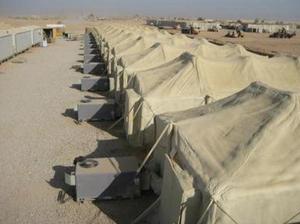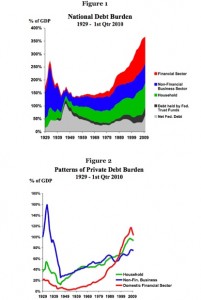
JOURNAL: The Resilient Community Wiki
The great part about starting out small, simple, and a little cheesy is that it can only get better from there. Using that logic, my friends and I have launched a wiki called Miiu (pronounced me-you). Miiu is a visual wiki. Essentially, a catalogue of things (products, tools, etc.) and places (homes, businesses, gov't buildings, etc.).
To start off, our goal is to do what lots of people have asked me to create: a wiki that catalogues everything related to resilient communities. We'd like to create a visual catelogue of the things (from DIY solar stills to an inventory of homes, farms, businesses in your community) that will be useful in the development of resilient communities.
JOURNAL: Lulzsec as an Open Source Insurgency
Lulzsec has some claims to being an open source insurgency. It operated as a foco by generating a plausible promise: its hacks were high profile and successful, proving that it's possible to successfully attack/damage all big organizations despite the billions they spend on computer security. This promise has also generated copycats/clones around the world. Finally, it is now disbanding (forgoing any formal leadership role). If they can disband in a way that lets them escape unscathed, that only adds to the promise. Quote from their website:
“For the past 50 days we've been disrupting and exposing corporations, governments, often the general population itself, and quite possibly everything in between, just because we could. We hope, wish, even beg, that the movement manifests itself into a revolution that can continue on without us. The support we've gathered for it in such a short space of time is truly overwhelming, and not to mention humbling. Please don't stop. Together, united, we can stomp down our common oppressors and imbue ourselves with the power and freedom we deserve.”











